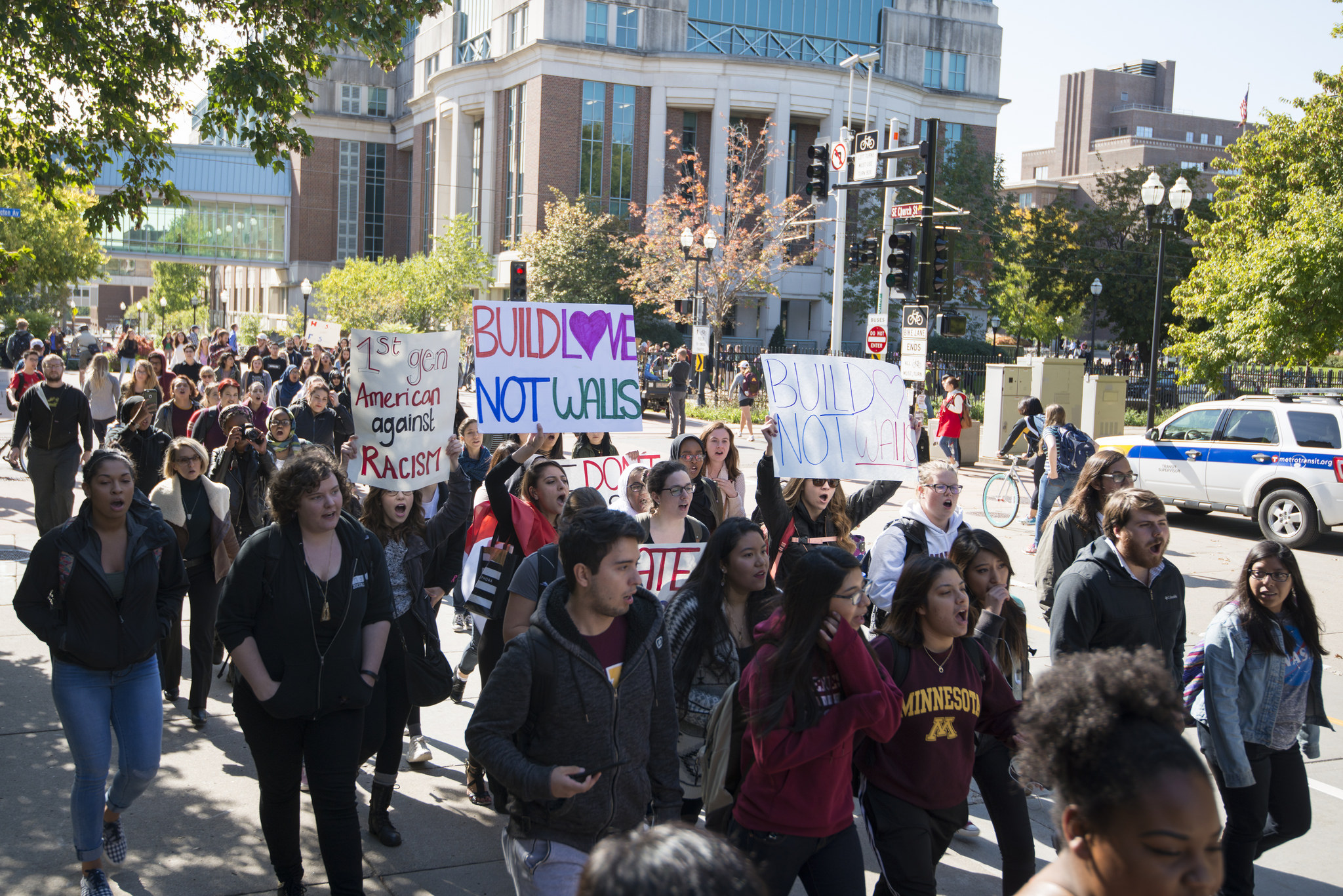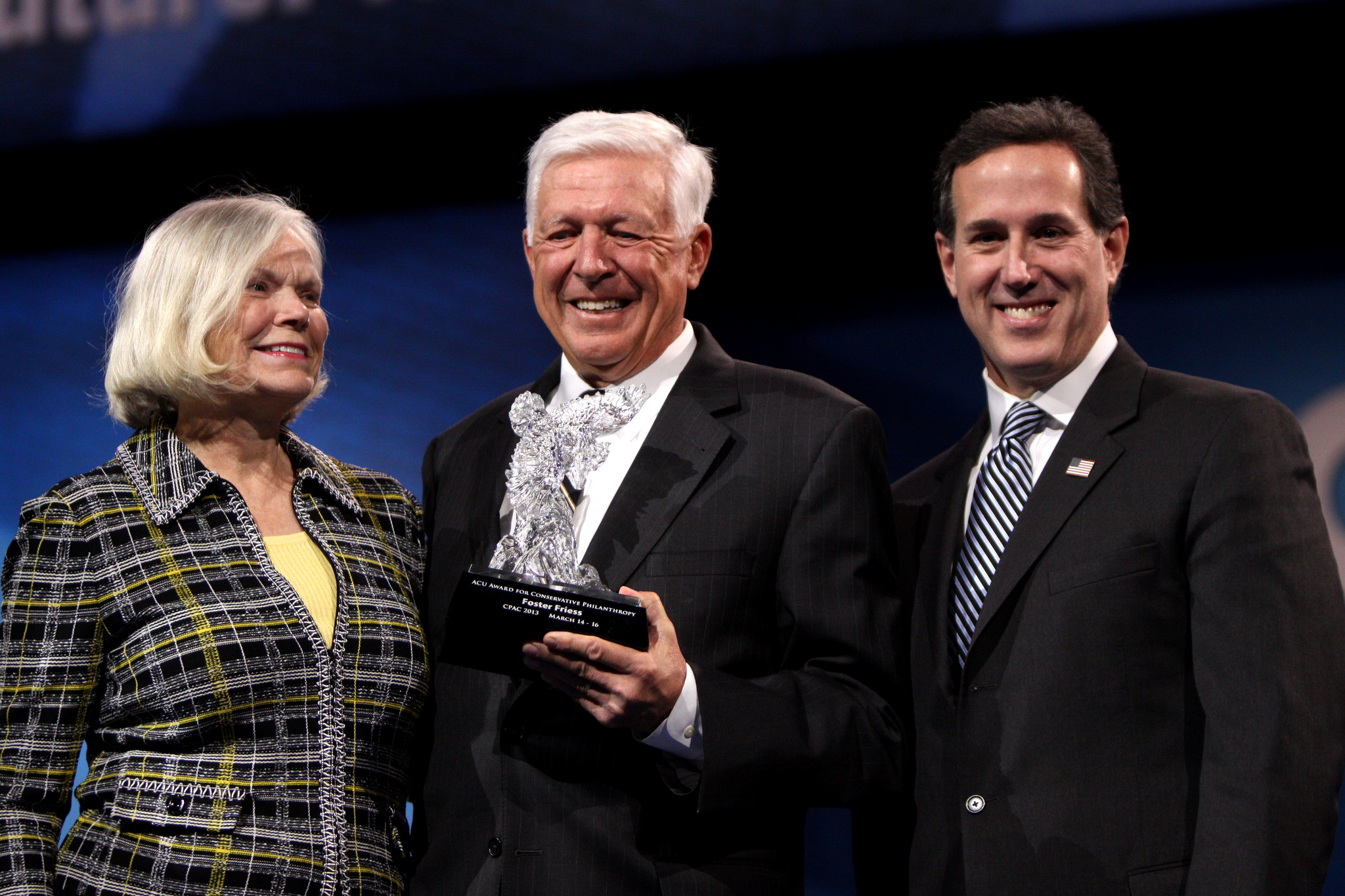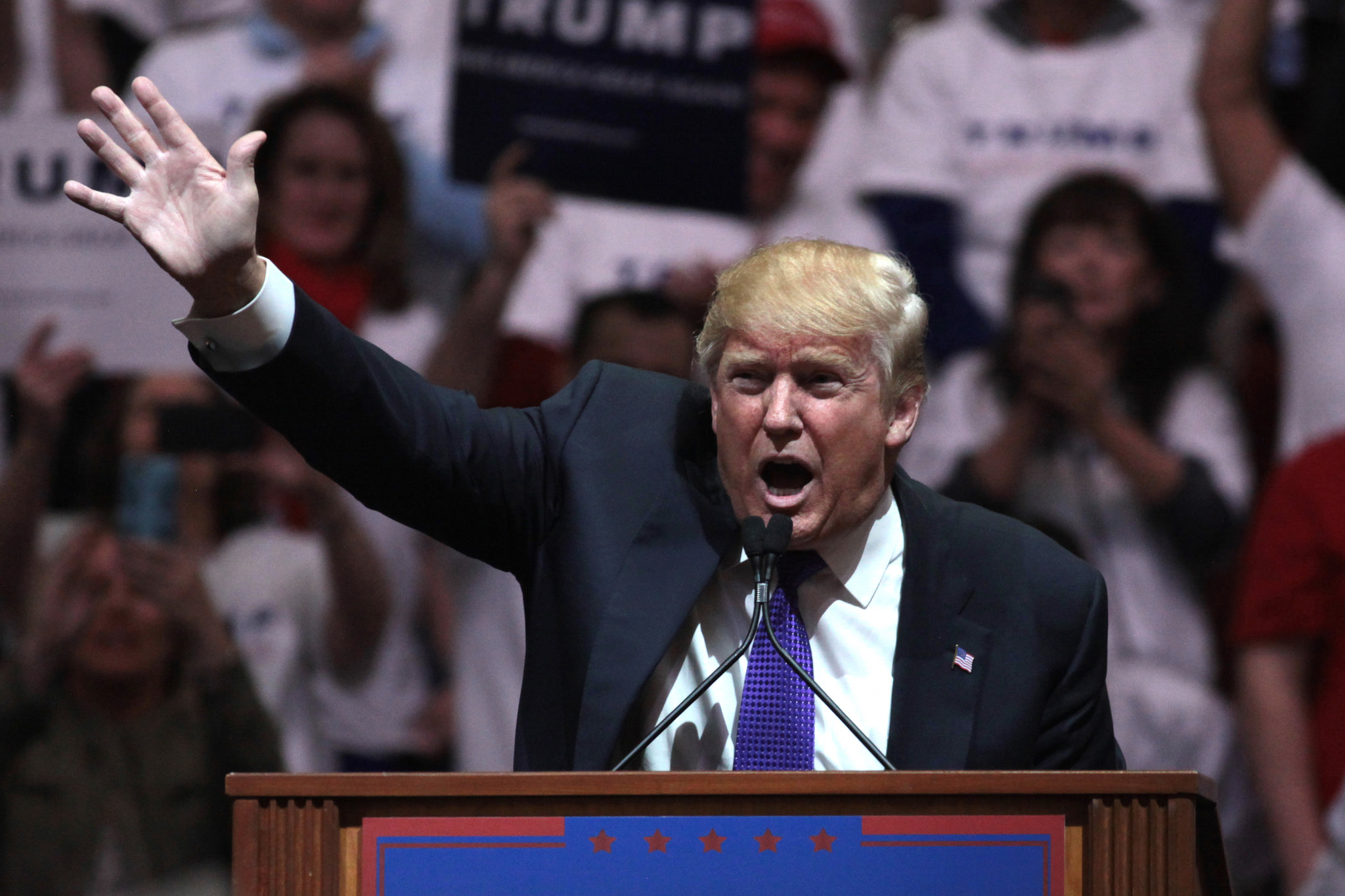President Donald Trump stunned the world by winning the 2016 U.S. Presidential election for many reasons.
However, one of them was that he was essentially a political neophyte with no experience in government at all. Instead of public service experience, his bona fides were that he ran his eponymous business and became a billionaire. His victory, after surviving scandals that would have leveled any other politician, served as inspiration to other politically-aspiration billionaires that they could perhaps be the candidates.
In Wyoming, billionaire Foster Friess and wealthy investor Dave Dodson lost their bids for federal office. What does this mean for other wealthy people looking to get into politics, and does it mean President Donald Trump’s electoral success cannot be replicated?

Credit: Fibonacci Blue, Flickr
Who Cares About Primary Elections Anyway?
Every election is important, especially local ones even if they might not seem that important. Elections won by candidates you’ve never heard of in your city, county, or state often affect your life more directly than your Senator or the President. Primary elections are often very important. This is because unless you live in a truly “swing” district, the election in November is basically already decided.
People are very loyal to their parties, and that’s why we talk about places as “red” states (for Republicans) or “blue” states (for Democrats). Wyoming is about of the reddest states in the union, so the winner of the Republican primary will almost certainly win in November. In the hotly contested races for Senator and Governor, the wealthy candidates challenged more experienced politicians and lost.
The Billionaire Ballot Box Club

Credit: Gage Skidmore, Flickr
In recent years, most candidates for office have been wealthy, at least millionaires. However, when Donald Trump won the White House in an upset victory, other billionaires decided to take a more active role. Meaning, rather than donating to campaigns, they decided to be the candidates.
Billionaire Foster Friess is long a supporter of conservative, Christian causes. This year he decided to challenge State Treasurer Mark Gordon to replace GOP Governor Matt Mead, who reached his term limit. Gordon lead the crowded GOP field. Along with Friess, there were four other candidates. However, Friess’ political connections and deep pockets showed that he was going to be a challenge.
Dave Dodson made his fortune in investing and capital management. His precise net worth is not known, but he’s definitely wealthy. He decided to challenge sitting Wyoming Senator Jon Barraso in the Republican primary. What made this race notable was that Dodson appeared to try to destroy Barrasso’s reputation with Trumpian attacks on his character. Donald Trump played the many GOP candidates for president in 2016 against each other, saying they were the “establishment” and he was an “outsider.” Dodson tried that same approach with Barrasso. The thing about President Trump’s campaign style is that it only ever seems to work for President Trump. Friess even earned the president’s endorsement, and still lost his race.
Why Did Wyoming Voters Reject the Billionaire Candidates but Embrace President Trump?
Wyoming is as red of a state as one can get, and President Trump won almost three-quarters of the votes cast in that state. However, the Republican candidate was always going to win this state no matter who was the GOP or the Democratic nominee. Tribalism in politics is just that strong, at least for now.
However, what motivates voters, especially the small percentage who show up for party primary elections, is varied. Obviously more than just the cult of personality that President Trump’s boosters cultivate via ideological media and appearances on broadcast news counts. When facing off against a former First Lady, Senator from New York, and Secretary of State, the “outsider” argument is all you have. Yet, it is a common misconception that for all the disdain people have for elected officials, they tend to like their own.

Credit: Gage Skidmore, Flickr
So, when Sen. Barrasso and Mr. Gordon touted their experience and familiarity with the mechanics of government, this was a feature not a bug. It didn’t even help Friess that he won President Trump’s endorsement right before the election. Rather than embracing wealthy outsiders, the Republican voters of Wyoming went with experience and a proven track record in government.
While voters are often mad at the folks in Washington, they are less often so immediately dismissive of their own legislators or state officials. While a figure like President Trump (especially one with that level of celebrity) chases office, it’s always a dangerous for the incumbent. But, in this case the outsiders struck out.
What Does This Mean for the Mid-Terms and Beyond?
First, it should be noted that any commentary on the next presidential campaign before that cycle’s midterm elections is, at best, educated speculation. Historically, when one party holds the White House and both chambers of Congress, the midterm election goes well for the minority party. Most polls give the Democrats the best chance of winning control of the House of Representatives.
Their path to taking control of the Senate is much more difficult. The Democrats would have to, essentially, win all the toss-up races while protecting their vulnerable incumbents in “Trump” states like West Virginia or North Dakota. While winning control of the House would be no small thing, Democrats need to control the Senate if they hope to hamper President Trump in the last two years of his current term.
What are the possibilities?
If the Democrats do win both chambers, then unseating President Trump looks more like a possibility for them. In presidential races, incumbent presidents have a huge advantage and are almost always reelected. Taking over both chambers of Congress would give Democrats a momentum. If paired with the right candidate, the 2020 election could be a real race.
If the Democrats just end up taking control of the House, they still are a in a good position but one comparable to the GOP in 2012. They also would be in a position to start impeachment proceedings in the House, which only need a majority vote. But the chances of two-thirds of a GOP-controlled Senate voting to remove their president from office is nil. The Democrats may continue to make legislative gains but would most likely be unsuccessful in unseating the president either via election or Constitutional means.
Of course, there is a third option. The Republicans could maintain control of both the House and the Senate, cementing the GOP’s control of the federal government. In this case, the Democrats would be completely neutered at the federal level. Their only hope would be to turn to state-level office in the hopes that they can incubate their next generation of leaders there. This outcome, of course, is very unlikely, but so was President Trump’s election.
Despite how predictable politics can be, voters still have the ability to surprise everyone.
This is an interesting time in American politics, and what lies ahead could set the course for the nation for the next few decades.
What do you think? Share your thoughts, predictions, and reactions in the comments below. And don't forget to share the article on social media so your friends can get in on the conversation.



